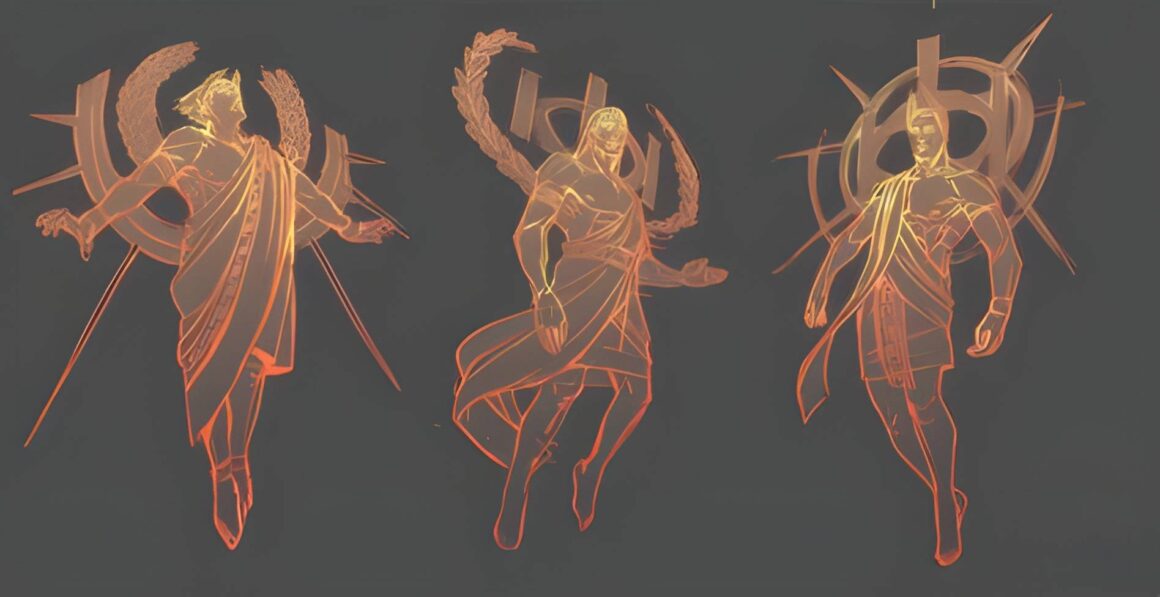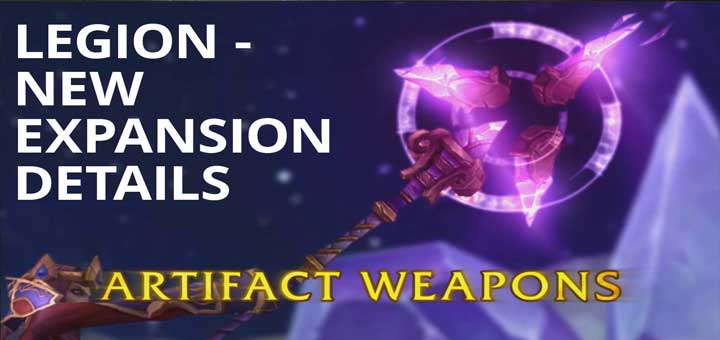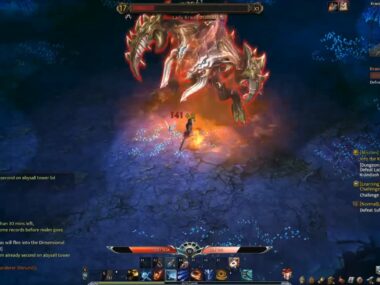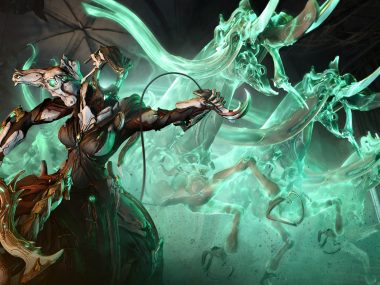In Path of Exile, Innocence is introduced as the golden child of divinity, the God of Light, the perfect counterbalance to his fallen brother Sin. Once you pull back the curtain, you realize this idea of purity was never real. Innocence was crafted to look pure, and sound pure. He judged with the confidence of someone who believed his own myth, but his purity falls apart the moment you compare his actions to the world he built.
This is a character defined not by perfection, but by fear, repression, ego, and an obsession with control. He believed purity could only exist if he stamped out anything that did not fit his definition of it. That definition was razor thin.
The more you learn about Innocence, the more obvious it becomes that the question is not whether he fell from grace. The question is whether grace was ever there in the first place.
Born of Myth, Not Innocence
Before the fall of the gods, Innocence and Sin were created as dual responses to the flaws of humanity. They were never meant to be literal siblings born of the same parents. Their brotherhood is symbolic, mythologized, and strengthened by their opposing identities. Innocence was built to be the embodiment of order, discipline, and moral authority.
Even in those early days, his personality showed cracks. Innocence is rigid. Dogmatic. Quick to judge. Quick to condemn. He sees weakness everywhere, especially in others, and he never questions the possibility that the world might need compassion more than it needs perfection.
Sin, meanwhile, gravitates toward understanding and curiosity, even if he strays too far. Their dynamic is not good versus evil. It is control versus freedom, repression versus humanity, rigidity versus empathy.
From the beginning, Innocence is not a pure soul corrupted by the world. He is a fearful soul trying to control it.
The Purity Project That Became a Crusade
When Innocence ascends as the central god of Oriath, he builds a society that mirrors his own anxieties. Everything becomes an offense. Everything becomes a crime. He weaponizes the concept of purity and demands loyalty without question.
This version of innocence is not gentle. It punishes. It burns. It strips people of humanity in the name of order.
Under Innocence, Oriath becomes a place where a man can be executed for a single moment of weakness. A woman can be cast out for questioning the doctrine. Entire families can be erased because they did not fit the mold. His followers believe they are purging corruption, but in reality, they are trapped inside Innocence’s own fear of imperfection.
A pure god should not require the world to be sanitized for him to function. Innocence does.
And… that tells you everything.
The Shattering Moment
When you finally confront Innocence in Act 5, you do not face a benevolent being defending his people. You face a god terrified of being wrong.
His fury is not righteous. It is insecure.
His certainty is not divine. It is defensive.
The moment you defeat him is the moment Innocence is forced to see himself. For the first time, you witness something genuine. Regret. Self-awareness. Pain. Innocence sees the destruction he has caused, and it hits him with a weight he was never strong enough to carry.
This moment is an awakening. Innocence finally steps out of the myth of purity and into reality.
The Broken God Who Finally Learns To Feel
When Innocence chooses to merge with Sin, it is the first truly selfless act of his existence. He accepts that Sin has what he lacks. Compassion. Flexibility. Humanity. Sin accepts that Innocence has what he lacks. Discipline. Restraint. Purpose.
The emotional core comes from Innocence’s confession that he was never the pure one. He was simply the one who believed the lie the hardest.
This revelation reframes the entire campaign. Innocence was a god who could not bear the truth of himself, so he created a world that punished everyone else for his flaws.
By merging with Sin, he stops running. He stops punishing. He finally becomes part of something honest.
Cemented by Path of Exile 2
Path of Exile 2 reinforces this truth. Innocence was never pure, never perfect, and never the moral center he pretended to be. The new lore, artifact references, and character insights all support a deeper, more grounded interpretation of him.
He is not a fallen angel. He is a frightened god trying to live up to a role he was never built for. His story is less about purity and more about the cost of demanding purity from others while refusing to confront your own flaws.
Once you see him that way, the entire narrative becomes richer, sadder, and more human.
The Real Answer
So was Innocence ever truly pure?
No.
He was convinced he should be, and that conviction turned him into the very thing he feared. His arc is powerful because it reveals that purity is not a starting point. It is something you earn through humility, honesty, and empathy. Innocence discovers this only after he loses everything.
That is where his redemption begins… and where his myth finally ends.






